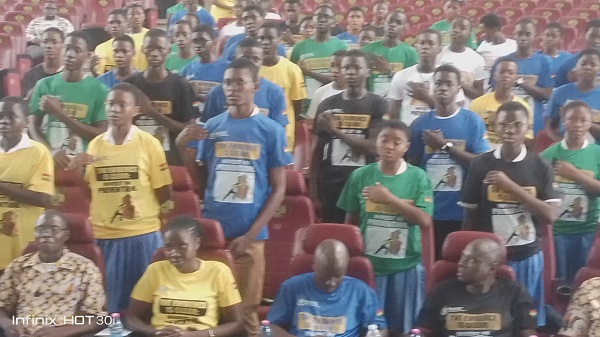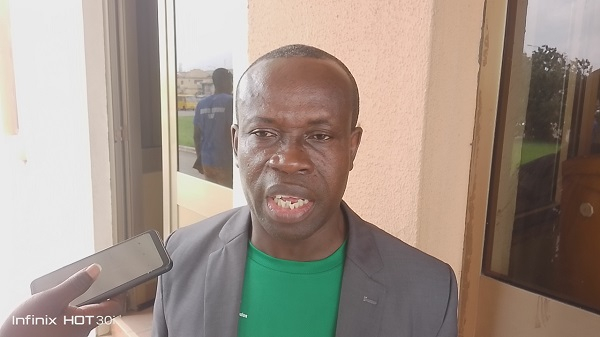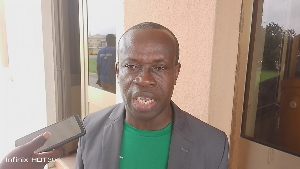 Samuel Yeboah is the Ashanti Regional Commander of the NACOC
Samuel Yeboah is the Ashanti Regional Commander of the NACOC
Correspondence from Ashanti Region
The Narcotics Control Commission (NACOC) in the Ashanti Region has launched its ‘Drug Free Club’ initiative, marking a significant step in empowering Senior High School (SHS) students to become anti-drug advocates within their schools and communities.
The inaugural event saw participation from ten SHS institutions, signalling a new wave of peer-led drug prevention efforts.
At the launch, Samuel Yeboah, Ashanti Regional Commander of the NACOC, emphasised the Commission’s dedication to preventive drug education. “Our organisation focuses mainly on preventive drug education. We conduct outreach in schools, churches, and via radio to educate the public about the dangers of drug abuse,” Yeboah stated.
“Recognising the need for more effective strategies, we established ‘Drug-Free Clubs’ to train students as peer educators.”
Yeboah further explained the core objectives of these clubs: “These clubs aim to provide students with the knowledge and tools to educate their peers about the harmful effects of drug abuse. We want these students to be models, demonstrating that academic success is achievable without drug use. We encourage them to serve as peer educators, discussing the dangers involved with their friends.”
The initiative also encompasses parental education, although reaching students directly in school settings remains a top priority. “We believe in catching them young, even reaching out to primary schools with age-appropriate information about drug abuse,” Yeboah noted.
He acknowledged the challenges of engaging parents directly, citing time constraints, and highlighted the use of youth groups and school programs as alternative channels for information dissemination.
Acknowledging the difficulty in completely eradicating drug abuse, Yeboah stated, “While completely eradicating drug abuse is likely impossible, we remain committed to reducing it to the barest minimum. We have assisted people from all walks of life, including professionals.
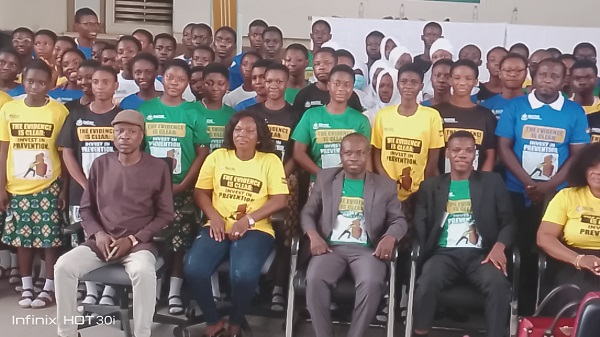
The hidden nature of drug use makes complete eradication difficult, but we will continue to do our best.” He underscored the importance of community involvement, urging citizens to share information with NACOC to support their enforcement efforts. “Enforcement relies on information from the public. We encourage the community to share information so we can act effectively.”
Early reactions from participating students suggest the initiative is already making an impact. Abdul Samed Islam Adam shared that the program has “empowered me to educate my peers and community about the negative effects of drug addiction.” He added, emphasising the importance of accountability for drug dealers, “I hope to help them recover and improve their lives.”
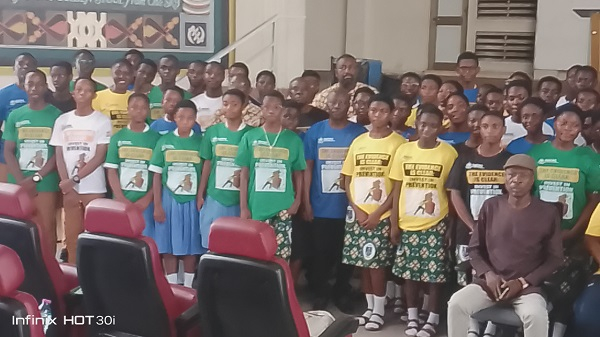
Sayida Fauzia highlighted the value of personal protection. “I’ve learned how to protect myself from developing bad habits related to illegal drugs by understanding the consequences. I now have the knowledge to educate my classmates and prevent them from becoming drug addicts.”
Latif Lasani, a student from the Armed Forces High School, believes the program will be effective in addressing the root causes and effects of drug abuse. “As a member of this club, I will ensure that anyone engaging in these activities is discouraged from doing so. If persuasion fails, stronger measures will be necessary,” he declared.
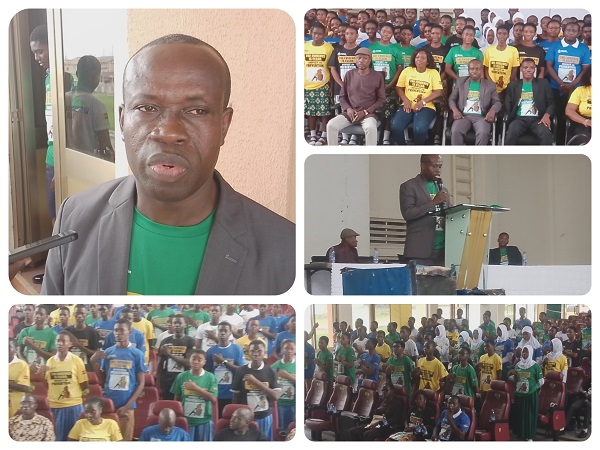
He also urged those who were unable to attend the launch to avoid peer pressure and report friends involved in drug use.
